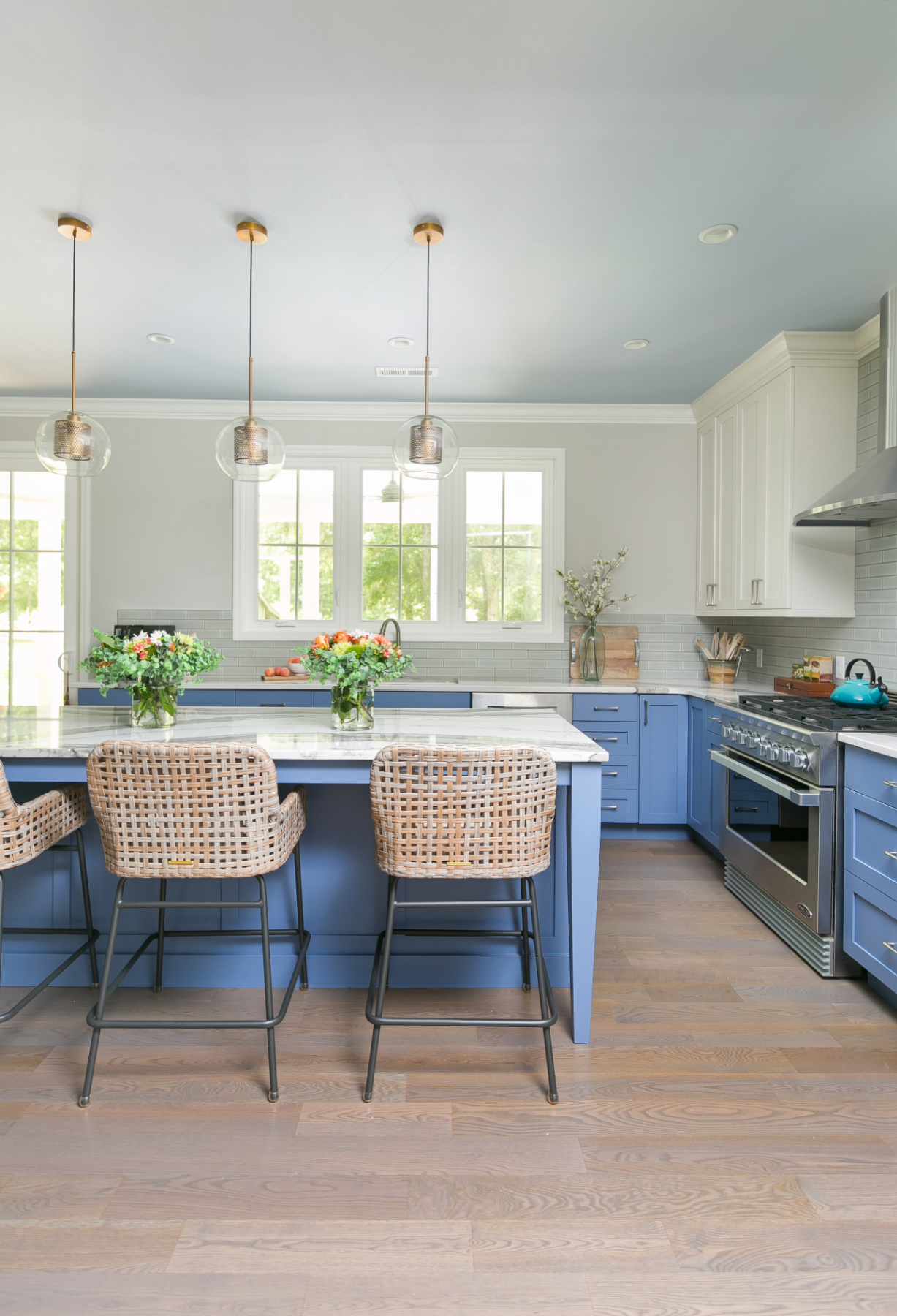 MENU
MENU
- 30 years of superior performance, craftsmanship & service

Making your home efficient and sustainable has become the norm among homeowners over the last decade. In addition to reducing your carbon footprint, making your home more efficient can help you save on utility costs and make your home more comfortable. We’re excited to share how Classic Remodeling and Construction can help you make your home more energy-efficient.
In case you aren’t sure what it means to have your home be energy efficient, we’ve broken it down.
Your home is powered by gas or electricity to run essential functions such as lighting, appliances, and HVAC systems. You receive a monthly utility bill accounting for the energy used. Energy-efficient homes have features and devices that help you use less than average amounts of energy. Homeowners find that the more energy efficient their home is, the less their utility bills are.
When looking for efficient materials or energy-saving devices, there are some important acronyms, terms, and symbols to familiarize yourself with:
If you’re looking to incorporate some energy-efficient upgrades into your home during your renovations, there are many easy ways to do so.
Windows are an excellent place to start when it comes to home efficiency. Older windows are more likely to decrease energy efficiency, as there may be air leaks around the edges or possibly through the glass. Newer windows tend to have higher R-value-rated glass and an overall better U-value. Even if you don’t plan on changing your windows, it’s a good idea to inspect them to ensure there are no leaks, cracks, or holes that could raise your utility bills.
Insulation is another energy-efficient area that can be easily addressed during a renovation.
High R-value insulation can help your home stay warm during winter and keep cool air indoors during sweltering summer. If the renovation (and your budget) allows, consider upgrading your home’s insulation to improve efficiency. Spray foam is common for residential buildings that need a high R-value. It is especially common in high-heat or very cold climates.
If you’re on the fence about adding a skylight, consider the potential energy savings. Skylights with excellent energy-efficiency ratings can help fill your home with natural light during the day and reduce your overhead light usage. There are even window treatments outfitted specifically for skylights to further insulate them and increase their energy efficiency ratings.
The best news is that increased home efficiency often goes hand in hand with renovations. If our team is renovating your kitchen and replacing appliances, chances are, your old models will be replaced with ones that are far more energy-efficient. If the plan includes new flooring, leaks, and poor insulation will most likely be remedied during construction. Energy efficiency will almost always improve with new Furniture, Fixtures, and Equipment (FF&E).
Of course, even without renovations, there are things you can do to help improve the energy efficiency of your home.
Switching all bulbs and fixtures to LED is a quick and budget-friendly way to trim your utility bills. LED lights take less energy to work and last up to 20 years, depending on frequency and duration of use. Many fixtures these days have built-in LED lights that don’t require bulbs!
Replacing older appliances, including your HVAC unit, can help you reduce energy usage. Newer models tend to be more energy efficient than older ones and often come with features to further increase their efficiency.
When it comes to your HVAC system, be sure you have it inspected regularly to prevent costly repairs and be prepared to bid your old unit goodbye when the time comes.
Smart home technology can also help you save money and run your home efficiently. From smart thermostats that can control the temperature of your home even when you’re away to smart lights that can turn on and off automatically to window treatments that will lower, rise, or tilt on their own depending on the time of day, these little gadgets can help you maximize the energy flowing through your home. While they may cost a little more upfront, the energy savings will help these smart devices pay for themselves.
Of course, installing solar panels is one of the ultimate ways to increase your home’s energy efficiency. Solar panels can help you save on your monthly utility bills while providing clean, renewable energy to your home. Not only are you saving money, but you’re also reducing your CO2 emissions and taking a step towards sustainability. It’s a win-win for you and the planet. Check with local regulations and building codes before investing in solar panels.
While energy-efficient appliances, smart home devices, and renovations are excellent steps towards efficiency, there are good habits you should incorporate into your daily life as well. You’ll be amazed at how much you can save on utility bills by implementing a few of the practices below:
While these little tips may not seem like much, you may notice a reduction in your monthly bills over time. You’re also taking steps towards a more eco-friendly lifestyle, and that’s always a positive move.
Ready to make your home inspiration a reality with our 30 years of superior performance, craftsmanship, and service? Contact us today!